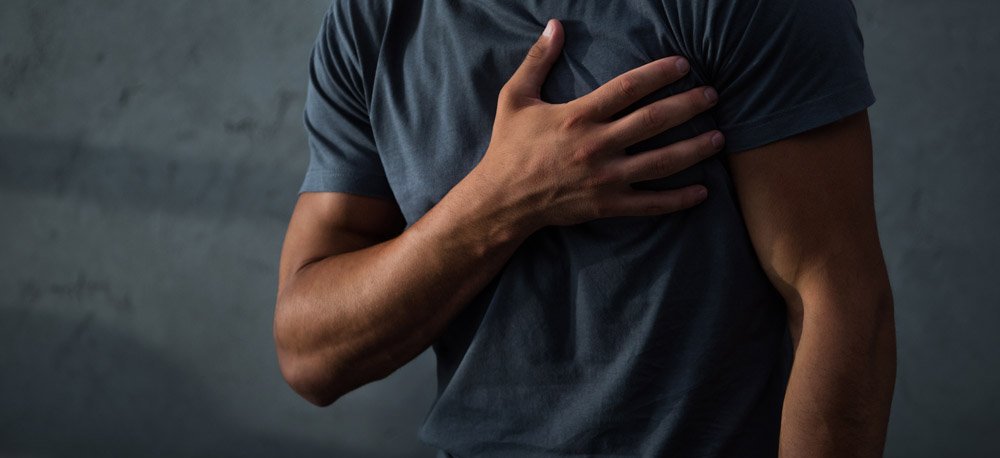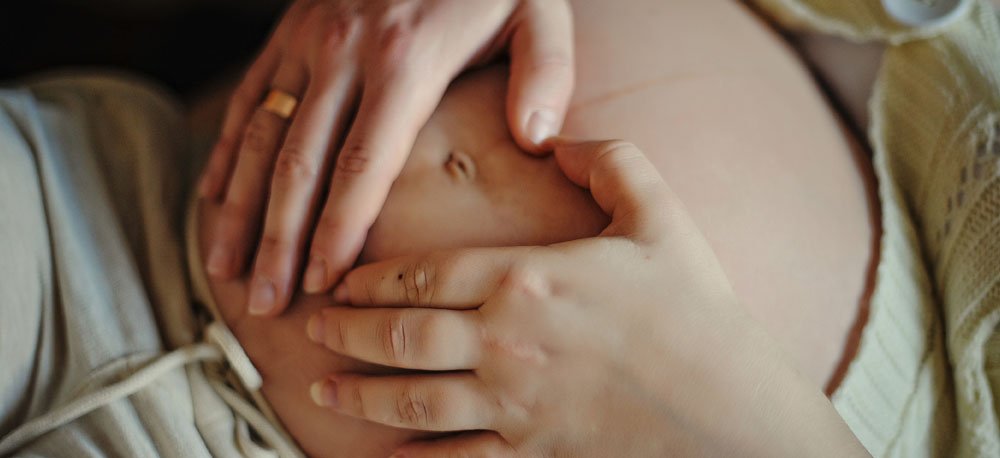-
May 26, 2022
-
0


What is the difference between a heart attack and a sudden cardiac arrest?
Often, the terms heart attack and cardiac arrest are used synonymously. However, these are two different things. A heart attack, in short, happens when the flow of blood to the heart is blocked. A sudden cardiac arrest, on the other hand, occurs when the heart malfunctions and suddenly stops beating.
To understand these two conditions better, let’s take a closer look at them: their symptoms, and what you should do if you find a person suffering from either of these emergency conditions.
HeartAttack
A person suffers from a heart attack when the flow of blood to the heart is blocked. The most common cause for this blockage is a blood clot or a build-up of plaque in the coronary arteries. Oxygen is vital for the heart muscle. When the flow of oxygen-rich blood is blocked, the muscle begins to die if the condition is left untreated. The longer the condition goes untreated, the greater the damage to the heart. This is why someone suffering from a heart attack needs to be taken into surgery as fast as possible to remove the obstruction and restore blood flow.
The symptoms leading up to the actual attack may begin much earlier, growing gradually over hours, days, or weeks. The heart may continue to beat but deteriorate further due to the reduced flow of oxygen-rich blood from arterial blockage.
The symptoms of a heart attack include:
- Chest pain: Tightness in the centre of the chest that persists even after resting.
- Shortness of breath
- The chest pain spreading to other parts of the body, including the jaw, neck, back, arms, and abdomen.
- Sweating
- Feeling anxious
- Coughing
- Weakness and light-headedness
- Palpitations
Sudden Cardiac Arrest
While in a heart attack the heart may continue beating, though disrupted and in reduced function, in a sudden cardiac arrest the heart suddenly stops beating entirely.
A sudden cardiac arrest happens suddenly and usually without any warning. An electrical malfunction in the heart triggers an arrythmia, an irregular heartbeat. With the heart not pumping blood,blood flow to the brain, lungs, and other vital organs stops. A person suffering a sudden cardiac arrest loses consciousness within seconds and soon has no pulse. Unless treatment is received within minutes, the victim generally suffers death.
The symptoms suffered by a person during a cardiac arrest are alarmingly straightforward:
- No breathing
- No pulse
However, there may be a few warning signs leading up to a sudden cardiac arrest. These symptoms include:
- Shortness of breath
- Chest pain
- Weakness and dizziness
- Palpitations
Are these two conditions related?
While there is no definite cause and effect relationship between a heart attack and sudden cardiac arrest, there definitely is strong correlation. Most heart attacks do not cause cardiac arrests. But when cardiac arrests do occur, they are often preceded by heart attacks. A sudden cardiac arrest can happen after a heart attack or during the recovery period.
Cardiac arrest can occur due to other cardiac conditions such as heart failure, cardiomyopathy, and arrhythmia.
What you should do: Heart Attack
- Call an ambulance immediately. The patient must be taken into surgery as fast as possible for the arterial blockage to be removed.
- If the person is conscious, have him/ her chew aspirin immediately.
- If the patient is an existing heart patient, nitroglycerine tablets should be administered sublingually.
- If the person is unconscious, perform CPR. If there is an automatic defibrillator (AED) available, start following the instructions on the device.
What you should do: Sudden Cardiac Arrest
- A person can be rescued from a sudden cardiac arrest if it is treated within a few minutes. Therefore, call an ambulance immediately.
- Begin CPR and continue till professional emergency personnel arrive. In the absence of an AED, CPR can double or triple the chances of a person’s survival.
- If there is an automatic defibrillator (AED) available, start following the instructions on the device.
Though seemingly similar, heart attacks and sudden cardiac arrests in different in terms of lethality.As per a multinational coronary disease study, about 8%-17% of heart attacks are fatal.The fatality rates of sudden cardiac arrests, however, are very high – 95%. Most people who suffer a heart attack or a sudden cardiac arrest survive if they receive help very quickly. Most fatalities occur because the person is alone, the people around did not know CPR or call emergency medical help, or if the emergency medical help does not arrive within the 10 minutes to avoid brain death. Though such statistics may seem discouraging, a healthy lifestyle with regular exercise, a balanced diet with low sugar and oil, and avoiding habits such as smoking and drinking go a long way in preventing heart disease and cutting the risks of heart attacks and sudden cardiac arrests. For more information regarding your heart health and risks of heart attacks or sudden cardiac disorders, book an appointment with the best cardiologists in Bangalore at the Sagar Hospitals.
Contact
JAYANAGAR
BANASHANKARI






